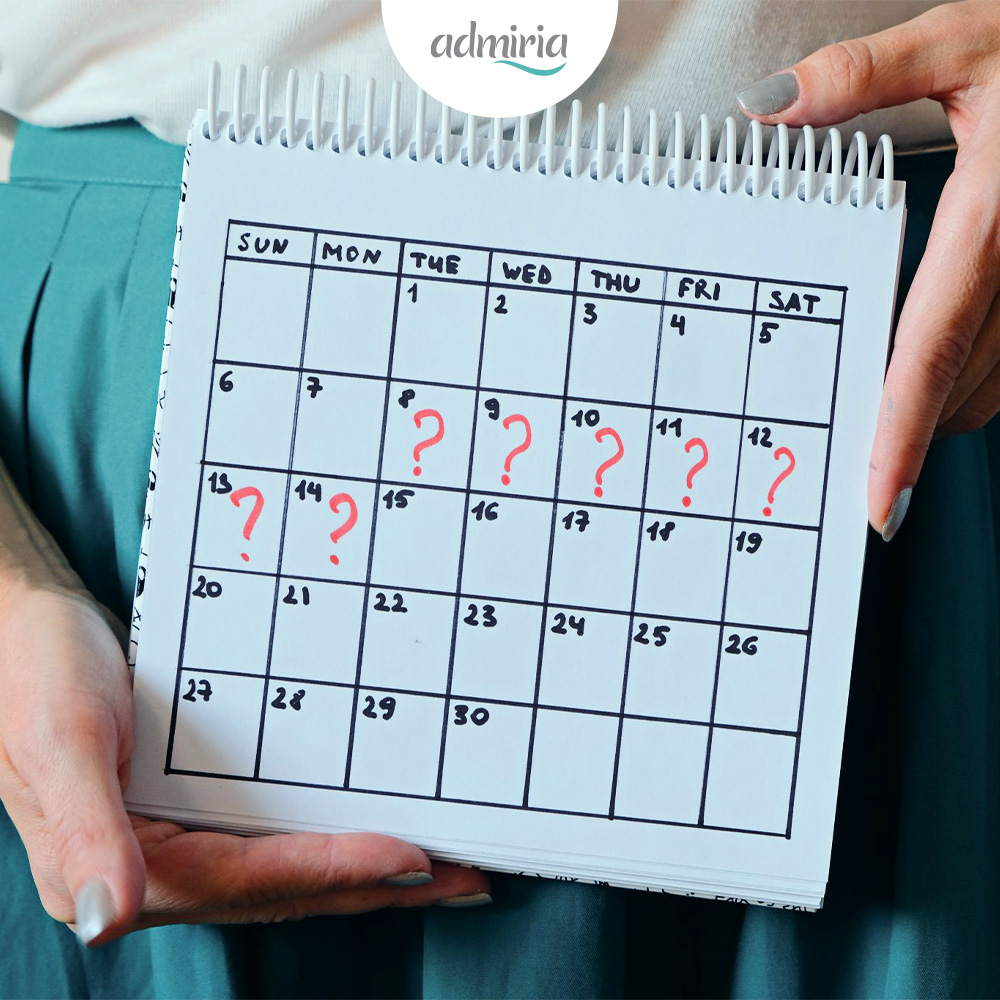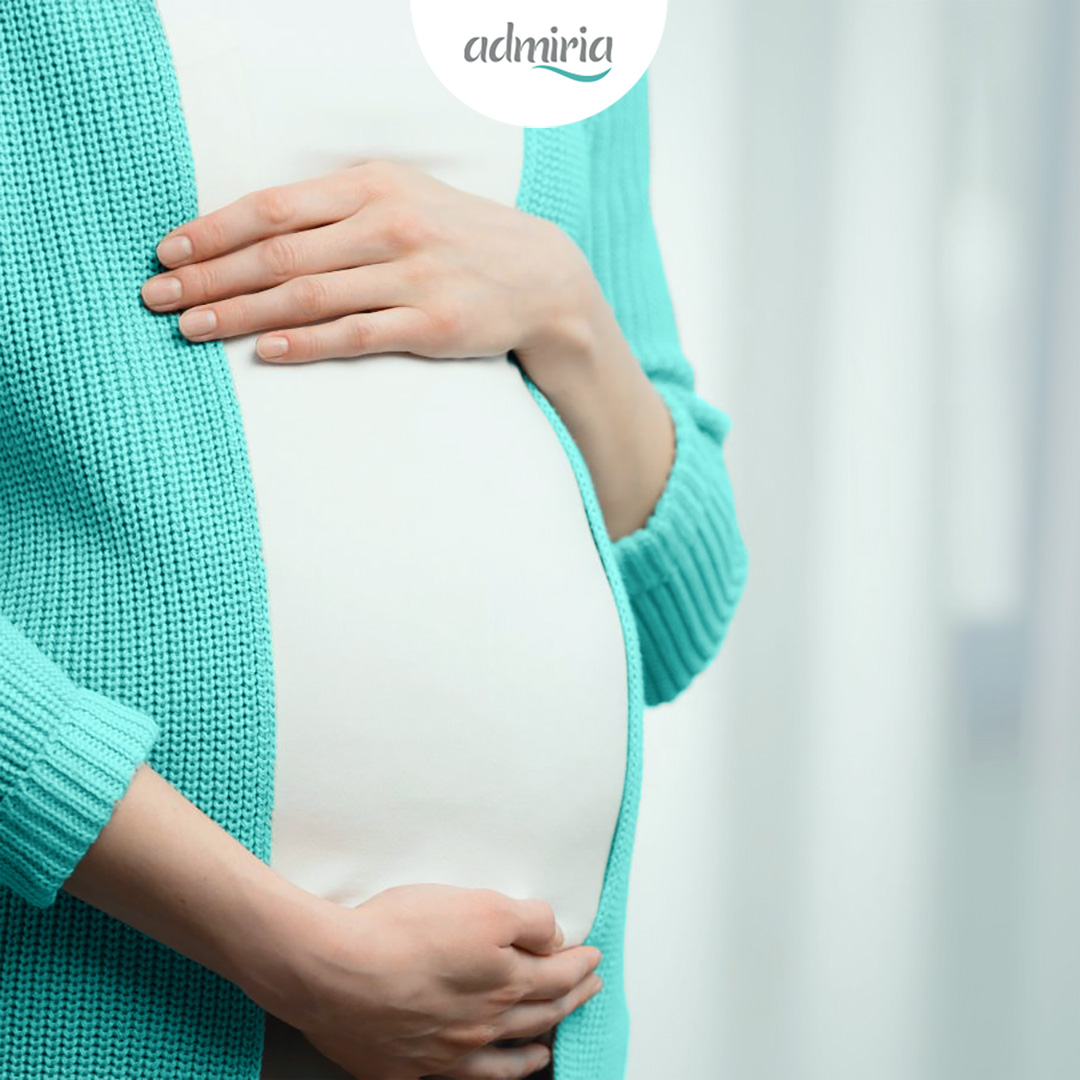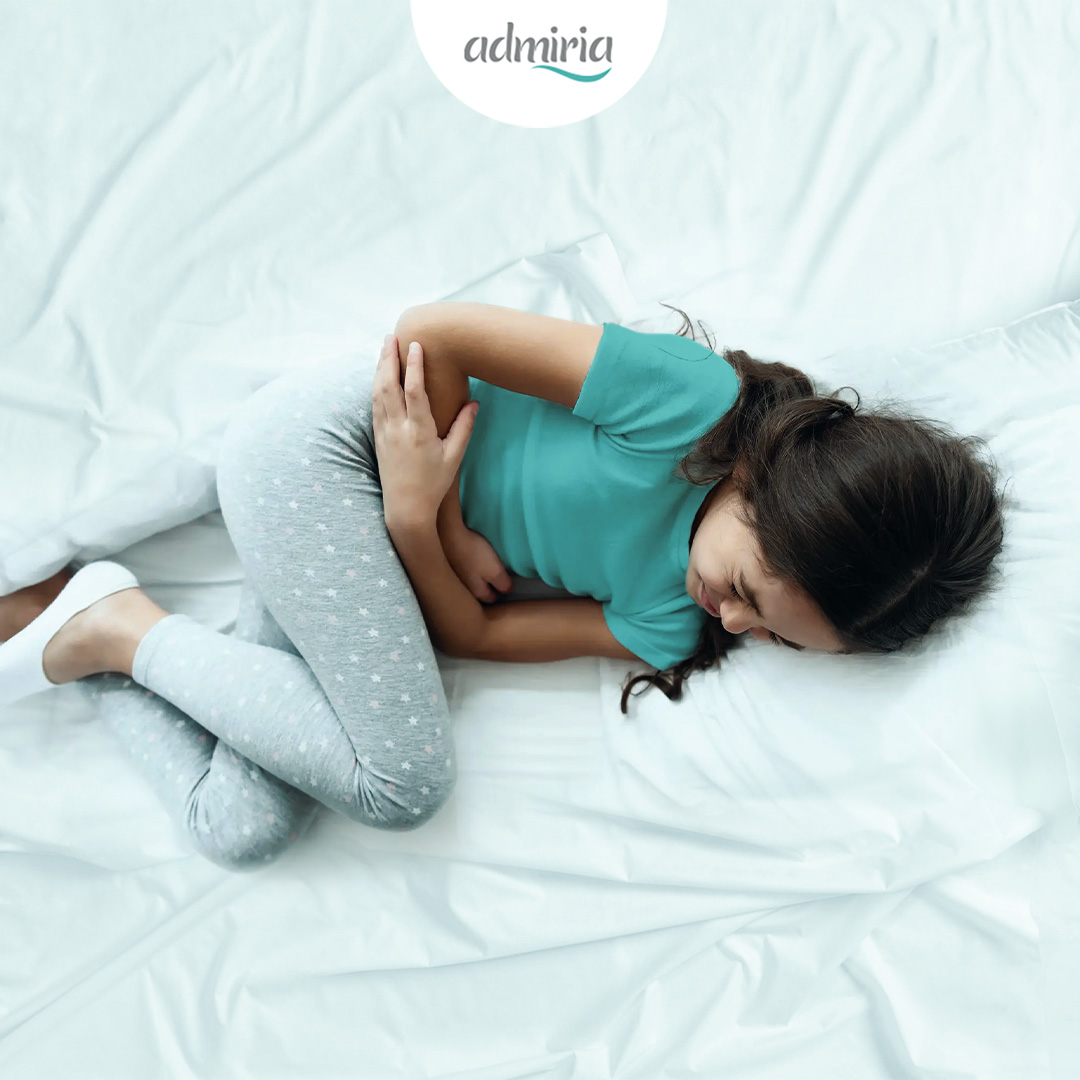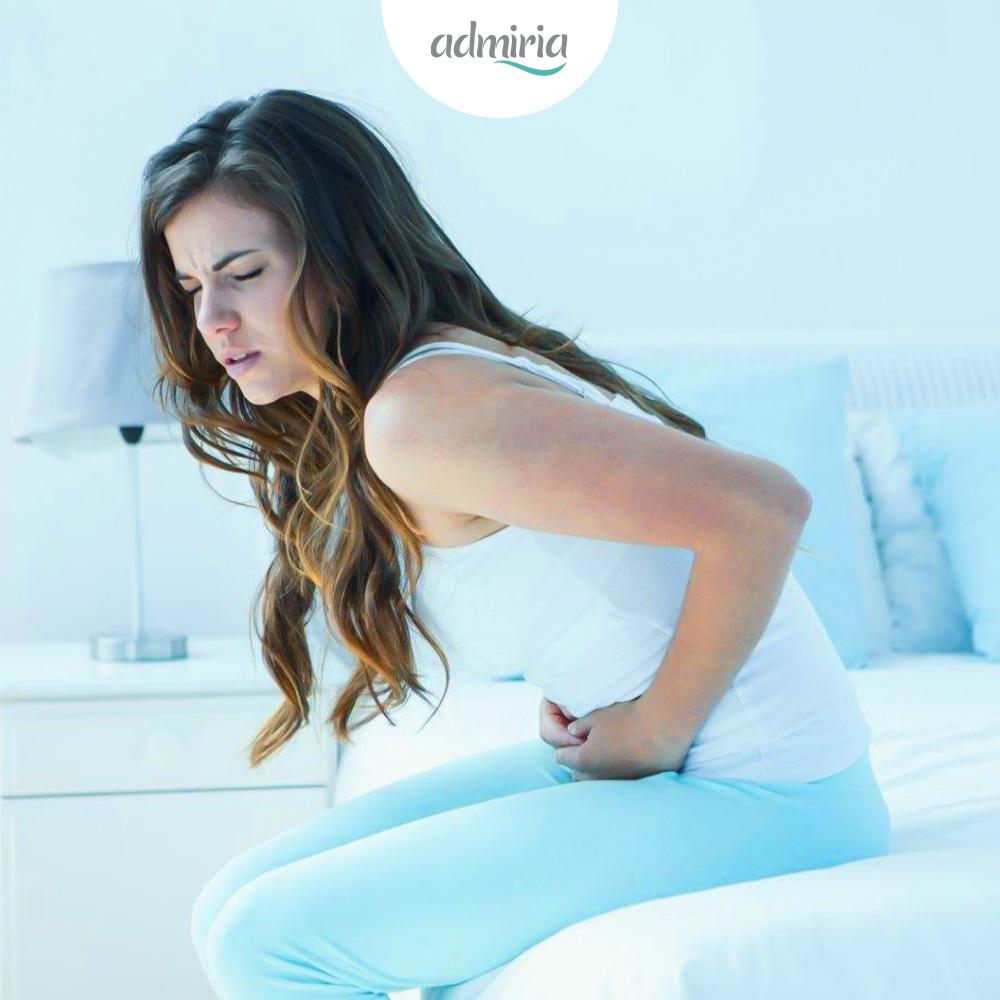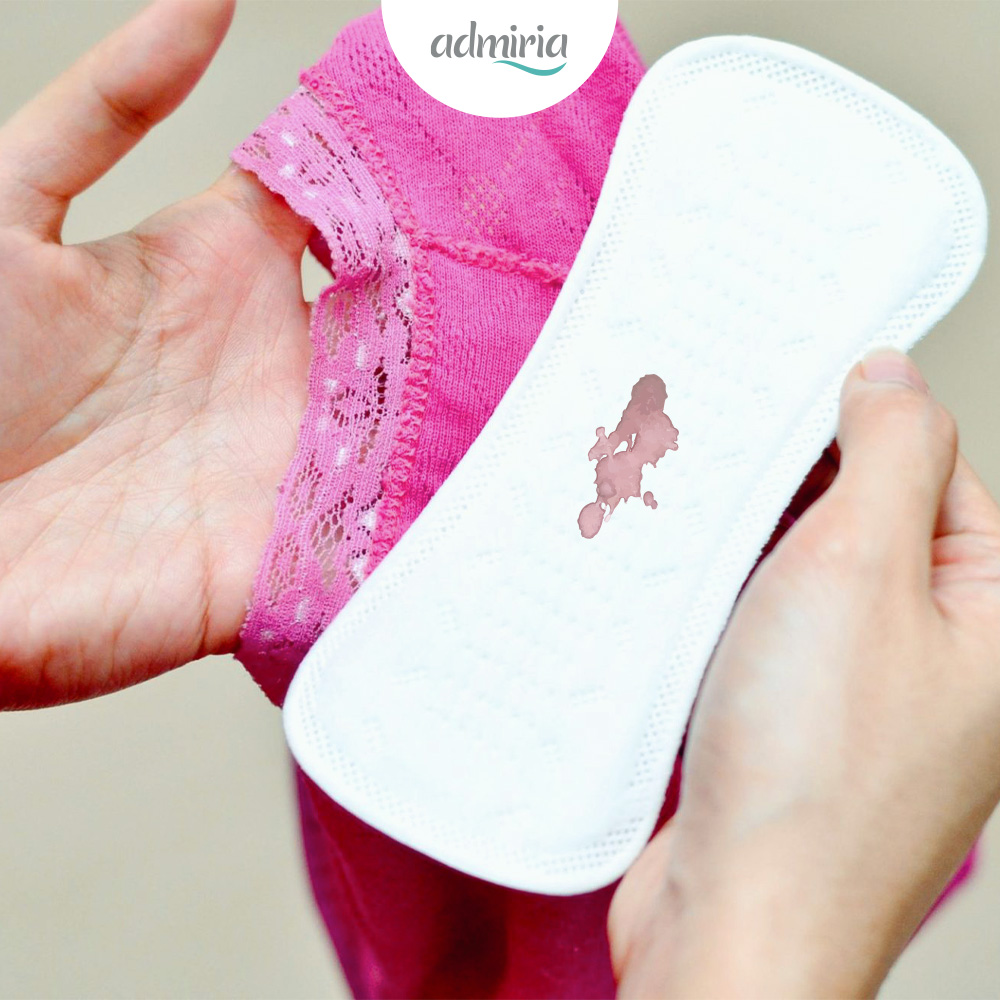
Last Update: 22 June 2024
Spotting Before Your Period: Common Triggers Explained
There are times during a cycle when you bleed, but not as much as a period. This can happen at any time which we call it spotting. But if you don’t know the difference between spotting and period, then we will tell the difference between the two, and after that, we will review the cause of spotting before the period and the whole cycle.
Difference between spotting and period
The biggest difference between spotting and period is the amount of blood. The period may last a few days and you need tampons or pads to control it, but spotting blood is less, and usually, you do not need to use sanitary products. The color of blood is also different because period blood is usually darker than the blood you have during spotting. Also, if you don’t have other symptoms of physical cramps during your period, it could be the reason that you are experiencing spotting.
The reason for spotting ten days before the period
In general, spotting before period is harmless, but at the same time, it may be an early sign of pregnancy or hormonal changes, implantation bleeding, polyps, or other diseases.
1 in 10 women experience light spotting during ovulation. The reason for this event is that the level of estrogen decreases slightly. Generally, this type of spotting occurs 10 to 14 days before the period.
Of course, when you start taking contraceptives, you will experience spotting approximately two weeks after your last period. But after 6 months, your period will return to its normal routine. Remember that if you suddenly stop taking pills, you may experience spotting.
Spotting during ovulation
Ovulation spotting can occur a day or two before ovulation as a pale pink color. This type of spotting happens regularly to some women and is nothing to worry about.
There are several reasons for ovulation spotting. One of these reasons can be the release of ovarian follicles. Because when a follicle matures and bursts, it can cause mild pain and some bleeding. Also, an increase in estrogen levels during ovulation can cause spotting.
You can use Admiria daily pad during spotting according to the amount of bleeding you have. This product is currently available in medium and large sizes.
What is spotting a week before the period sign of?
Spotting before your period is most likely related to your body’s ovulation patterns and can cause you a little trouble. Spotting before your period means that you did not have a complete ovulation and your body is not producing enough progesterone. Progesterone plays an important role in stabilizing the inner lining of your uterus. If its amount is not enough, some of the inner lining of the uterus may shed five to seven days before the period, which is the same as spotting. You don’t need to see a doctor because of this, but if you are planning to get pregnant, you can talk to a gynecologist about testing your hormone levels.
The cause of spotting two or three days before the period
Many women have spotting two to three days before their period. This spotting is usually light and may be brown in color and is usually not accompanied with cramping. In general, spotting three days or less before the period is normal, but if it is four days or more, you should consult with gynecologist.
Women who take birth control pills daily may experience spotting if they stop taking them or even forgetting to take them for a few hours. But usually, if you take the pill, spotting will disappear quickly. Also, women who use IUD may experience spotting.
Intermittent spotting before period
Sometimes women experience light bleeding at the beginning or end of their period that they think they have spotting. It is very difficult to distinguish spotting from period bleeding by looking at its volume. In general, if you have light bleeding that occurs within two days of your period, you should consider it part of your period. However, if it’s too light, it could probably be spotting.
For example, if you have light bleeding on Sunday and no spotting on Monday, and on Tuesday you bleed again so much that you need a sanitary pad, you should consider Sunday as the start of your period.
Treatment of spotting
If you have spotting for no reason, you should see a doctor. Although there may be nothing to worry about and it will get better on its own, if you have any of the following symptoms in addition to spotting, see a doctor immediately:
• Fever
• Dizziness
• Bruising
• Abdominal pain
• Heavy bleeding
• Pelvic pain
Also, if you have already become menopausal and experience spotting, you should see a doctor.
For treatment, it must first be determined what has caused the spotting, so the doctor may perform a pelvic exam or order blood tests and imaging tests. Your treatment depends on what is causing your spotting.
For example, if your spotting is caused by a hormonal imbalance, the doctor may give you hormonal drugs. If it is a bacterial infection, he may prescribe antibiotics to eliminate the infection.
Spotting before menopause
As you enter menopause, there may be months when you do not ovulate. This period is called perimenopause, during this period the periods are more irregular and you may experience spotting. You may also have lighter or heavier menstrual bleeding than usual.
Although spotting occurs before menopause, any vaginal bleeding that occurs outside of your period can be a sign of pregnancy or a medical emergency. So, if you experience spotting before menopause, be sure to see a doctor.
Summary of the cause of spotting
In this article, we discussed the various causes of spotting in a whole cycle and we said that the treatment of each type of spotting goes back to its cause. Therefore, it is very important that if you have spotting, you know exactly what day and for how long in your cycle you got spotting so that you can discuss it with your doctor if necessary.
 Admiria
Admiria 